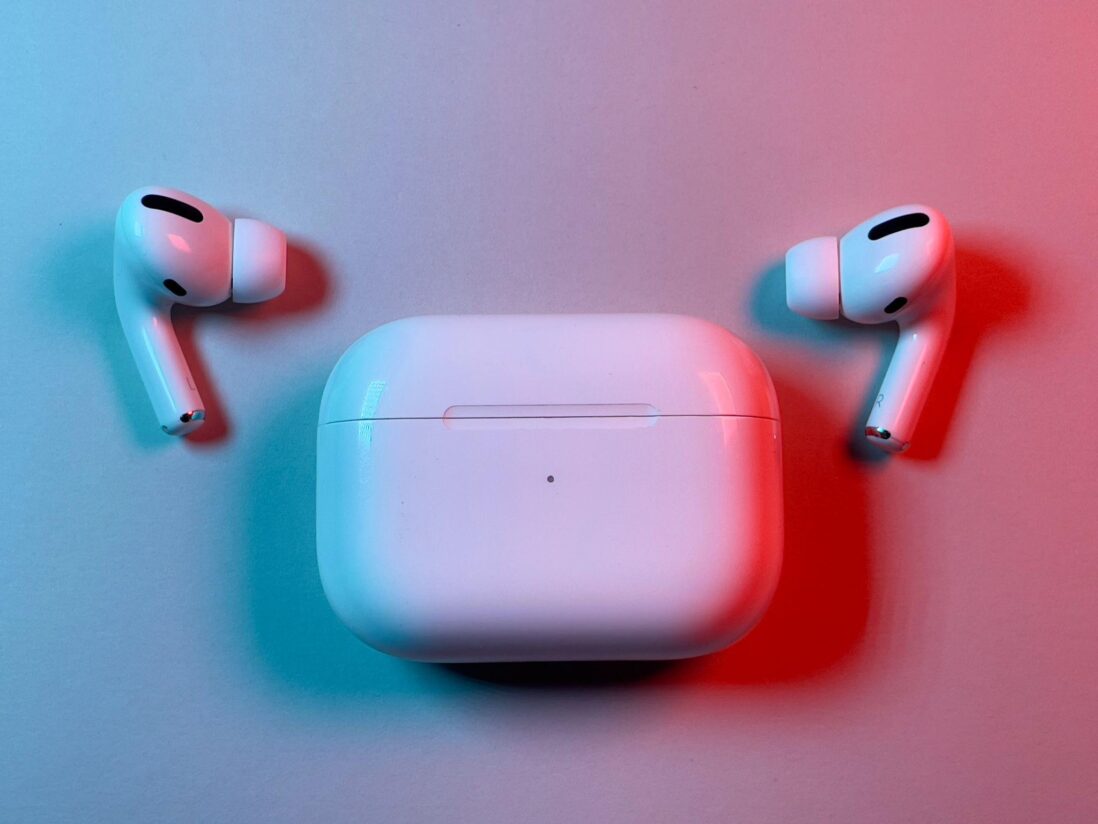The last year and a half were quite a ride. A ride riddled with anxiety, fear, uncertainty, anger, frustration — the list can go on. And even though this unnerving journey is not done yet despite how much we’d want it to be over, let’s pretend we’re past the hardest stuff and we can turn our heads back to see how we dealt with the pandemic.
Music unsurprisingly became one of the main tools of coping with stress for humanity. Music always played a huge role in our lives, and it’s expected that it helped us to drag ourselves through constant closures and repetitive infection spikes. And our music listening habits changed over the pandemic. So it’s interesting to look at changes to see how much music matters and, well, feel like a part of society again as you fish out habits that are the same as yours.

Why were we listening to music during the pandemic?
This question might feel weird because we tend not to pay attention to the underlying need that creates the desire to listen to something. But the small yet descriptive research held by Verywellmind shows that there always is a reason why we listen to music.
So here are the most widely-spread reasons that made people want to listen to music during the pandemic:
- To cheer yourself up — 77% of participants of the research
- To feel less stressed — 72%
- To change the mood — 67%
- To get distracted from thoughts and feelings — 59%
- To gain motivation to do something — 52%
- To concentrate on a task — 48%
- To express the feelings — 43%
- To alleviate loneliness — 41%
- To fall asleep — 32%
- To understand your own feelings — 31%
- To feel connected to people — 30%
These answers leave no doubt about music being a great supportive tool for us all. While some people were enjoying it by themselves, others used it as a medium to feel connected to other people. For example, we’ve all seen those heartfelt videos from Italy that captured people singing from their balconies. In that way, music brought them together even though they weren’t really in the same room.
It’s scientifically proven that a person can’t really resist the mood of the music that’s playing. A positive tune can help us feel less sad, anxious, and fearful. So the fact that most people were listening to music to feel better doesn’t come as a surprise. Our favorite songs can be very comforting, especially if there are any happy and pleasant memories linked to them.
However, we should remember that music also can amplify our mood. Sometimes, an upbeat song can help us to let go of sadness. But very often we will turn to sad tunes when we’re depressed. That’s a useful fact to remember every time you’re going to listen to depressing music when you already feel down — it can and most likely will make you feel even worse. We should learn to stop ourselves at such moments and turn our attention to more cheerful or neutral songs.
How we changed the way we listen to music
While some people who used to listen to music on their commute decreased the amount of music they listen to during the pandemic, the majority actually increased the amount of music in their lives. But also, the way we listen to music has changed. Of course, we still use Spotify and other popular apps to enjoy our favorite songs and explore artists. But that’s a solitary activity in most cases. As we lost concerts and bars with live music, we lost the ability to share our musical experience with other people — mostly strangers but this is what makes concerts so fun.

However, artists and the music industry rather quickly adapted to the situation and launched online concerts streamed live worldwide. It’s not the same experience as a real concert in any way, but something is better than nothing, right? And some musicians even produced videos where each member of a band was at their home playing their part — the videos were either recorded in Zoom or crafted from separate videos each member recorded and assembled into a single one. So, by all means, there is a silver lining to the pandemic — it made us more creative in some way. Some people even hosted online dance parties!
Many people used that free time they had during the pandemic to discover new styles and artists. And, we can assume, this later became a topic for discussion — therefore, music once again allowed us to feel closer and connected to each other. And some people were listening to music they used to love which is not surprising considering that humans tend to assign memories to music. By listening to old songs, one can dive deeply into pleasant memories and feel the comfort of the world they had back then. Also, it’s a chance to rediscover forgotten songs and listen to them from a new perspective.
It’s exciting to discover new songs as they will let us get distracted from our worries and feel that spark of interest for a new genre or artist. And old songs bring the feeling of familiarity which is extremely valuable during our time of Covid when things change unpredictably and swiftly. They can help us feel grounded and safer — the two things that almost became our basic needs among all the uncertainty we have to deal with.
Listen to music and remember to think twice before turning your attention to sad songs when you’re already sad. They could help you process the emotions but they also can make you feel more depressed. Let the music make you happier and help you to cope with any difficulties that come into your life!